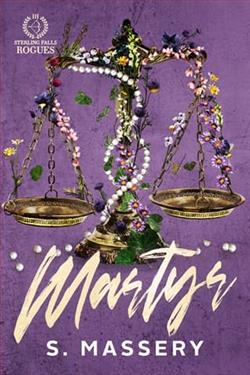Page 88 of The Rom-Commers
“Okay. Next question,” Charlie said. “Ask me something interesting enough to keep us distracted.”
And so I just said, “Tell me about your cancer.”
It was a wildly inappropriate question. One I never would have asked if we hadn’t been teetering above our deaths.
“Sure,” Charlie said, extracasual. “What do you want to know?”
“What happened?”
“I had a lump on my forearm, which seemed like an odd place for a lump. I asked the doc about it at a checkup—but more just making conversation than anything else. I still had that thing back at that age where you think you’re invincible. But just from his frown as he started looking at it, I knew.”
“You knew you had cancer?”
“Yeah. I’m a pessimist, though, so I didn’t trust myself, either. I always start with death in every situation and work my way backward.”
“Are you starting with death now?” I asked.
“No.”
“Why not?”
“Because you’re here. And you’re gonna be fine. And if you’re gonna be fine, then I’m gonna be fine. So it’s not even a question.”
“That’s the worst logic I’ve ever heard.”
“The point is, I thought for sure I was only worried because that’s just what I do. Not because there was actually something to worry about.”
“But then you turned out to be right?”
Charlie nodded. “The biopsy came back malignant. So starting with death turned out to be the right approach.”
“But you didn’t die.”
“Not yet. Give me time.”
“And that’s when your wife left you?”
“Yeah,” Charlie said. “On the day I got the biopsy results. But she’d been planning it for weeks, if that makes it less bad.”
“She was planning to leave you while you waited for biopsy results?”
“In her defense, I didn’t tell her about the biopsy.”
“You didn’t tell her anything? Not even about the lump? Or that you’d gone to the doctor?”
“Nothing,” Charlie said.
“Why not?”
“It just felt… personal.”
“But wouldn’t a wife be someone you’re supposed to share personal things with?”
“This tells you a lot about our relationship.”
“Were you not close?”
“Our lives just didn’t intersect as much as they should’ve.”















